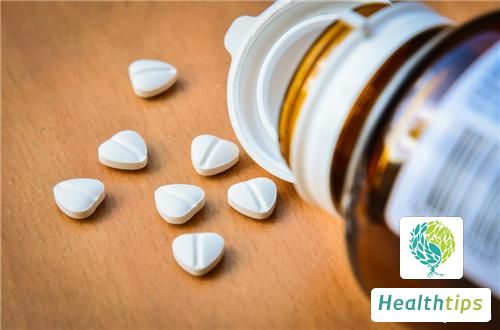What Should I Do If Dry, Hard Stools Cause Anal Fissures and Bleeding?
Dry and hard stools leading to anal fissure bleeding can be treated through general therapy, medication, and surgical procedures to alleviate abnormal symptoms.

1. General Therapy
Dry and hard stools may be related to inadequate water intake, a preference for greasy and indigestible food, prolonged sitting, and other factors. Patients should pay attention to their diet by consuming moderate amounts of fiber-rich foods such as corn, oats, and apples. They should also drink plenty of water and engage in appropriate exercise to promote gastrointestinal motility, improve stool dryness, and facilitate the recovery of anal fissure wounds. Additionally, maintaining cleanliness is crucial to prevent wound infection.
2. Medication
Patients with anal fissure bleeding due to dry and hard stools can seek medical attention for medication therapy in addition to general therapy. Medications such as tetracaine gel, lidocaine jelly, and nitroglycerin ointment can be applied externally as prescribed to relieve pain and relax the internal anal sphincter, reducing anal canal pressure and promoting fissure wound recovery.
3. Surgical Treatment
For severe symptoms of anal fissure bleeding, patients should seek medical attention promptly for surgical treatment performed by a professional doctor. Procedures include anal fissure excision and partial internal anal sphincterotomy, which can effectively alleviate anal fissure bleeding, pain, and other symptoms, achieving the treatment goal. Additionally, anal dilation therapy and sitz baths can also alleviate anal fissure bleeding and accompanying pain. Paying attention to daily diet and rest is essential. If discomfort occurs, it is recommended to seek medical attention promptly without blindly using medication to avoid serious adverse reactions.



















